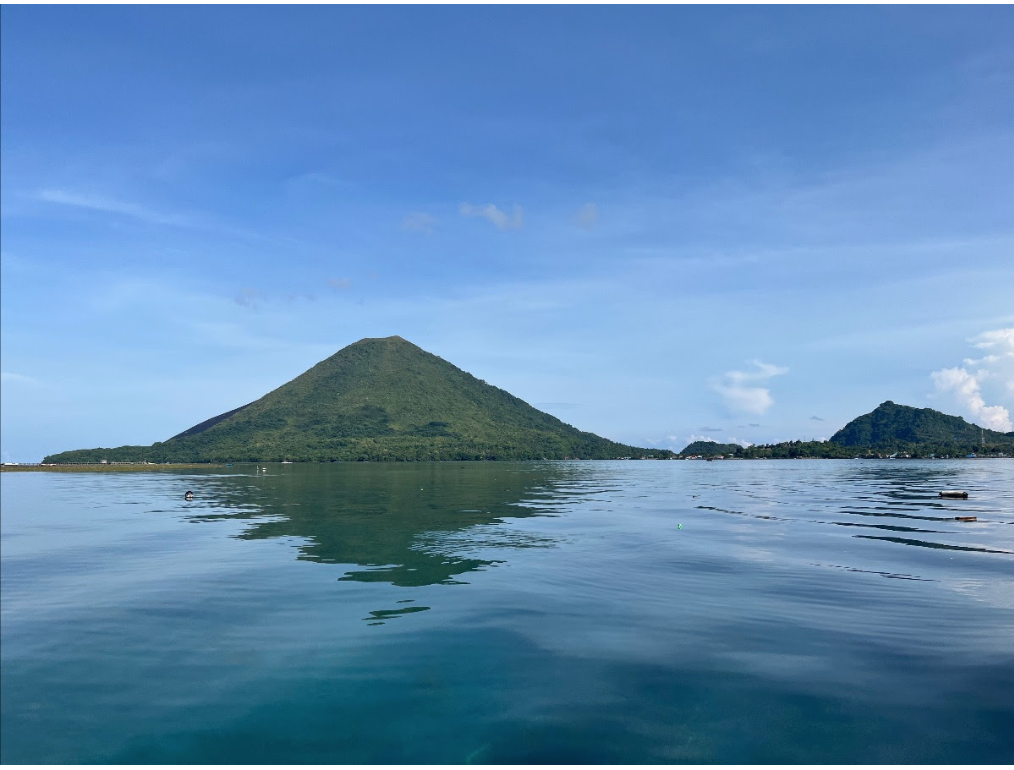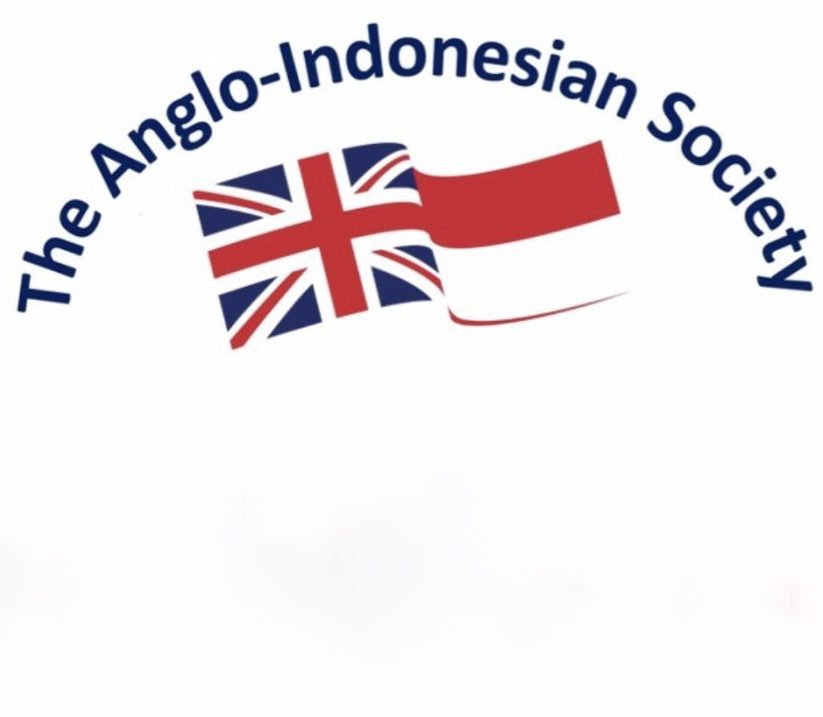
Tuesday, 20 March 2023 at 6.30pm for 6.45pm
Venue: The Indonesian Embassy, 30 Great Peter Street, Westminster London SW1P 2BU
Meeting ID: 81743843452, Passcode: 565946
Click here to join the meeting
This presentation by Dr Lesley Pullen is the third and final talk in the series on ‘Spice Connections’ (Please see below for links to the previous two talks)
The Spice Islands, in the eastern provinces of Indonesia, is a region not much discussed in today’s geopolitical world. However, in the fifteenth century, it was much prized and considered the ‘Spiceries’ by the Portuguese, Dutch, Spanish and English. In fact, these tiny outcrops of land had been known to Arab traders since the Middle Ages, who were at that time the most significant players in the international spice trade.
Pepper, cinnamon, cloves, nutmeg and mace, were all much sought after by the European upper classes. As their popularity grew, these lowly spices became a form of currency. From the fourteenth-century European merchant travellers such as Marco Polo ventured east, and as the decades passed, the control of this spice trade repeatedly changed hands.
This richly illustrated lecture explores the locations of the various forts erected on the islands of Ternate and Tidore and the Banda Islands group (see photo above, ©LesleyPullen) to protect this lucrative trade. It addresses the early traders, the maps then available to them, and the ships in which they sailed. It also covers the local spice trade with the indigenous orang kaya and the role of the Perkeniers, free Burghers whom the Dutch recruited to work the nutmeg plantations in the Bandas. As a result of such endeavours, foreigners generated remarkable profits, sometimes as much as 1,220 per cent, when the spices eventually reached the free markets in the West, until the eventual downfall of this spice trade in the early nineteenth century.
Dr Lesley S Pullen is an independent art historian focusing on medieval South and Southeast Asian material cultures, who teaches at the School of Oriental and African Studies, University of London. Lesley has been an AIS Member since 1997, has served on AIS Council on several occasions and is the AIS programme coordinator. She is a member of the editorial board of the SPAFA Journal in Bangkok and a fellow of the Royal Asiatic Society. She has lectured for various institutions internationally and published several articles based on her 2017 PhD thesis and her 2021 monograph Patterned Splendour.
